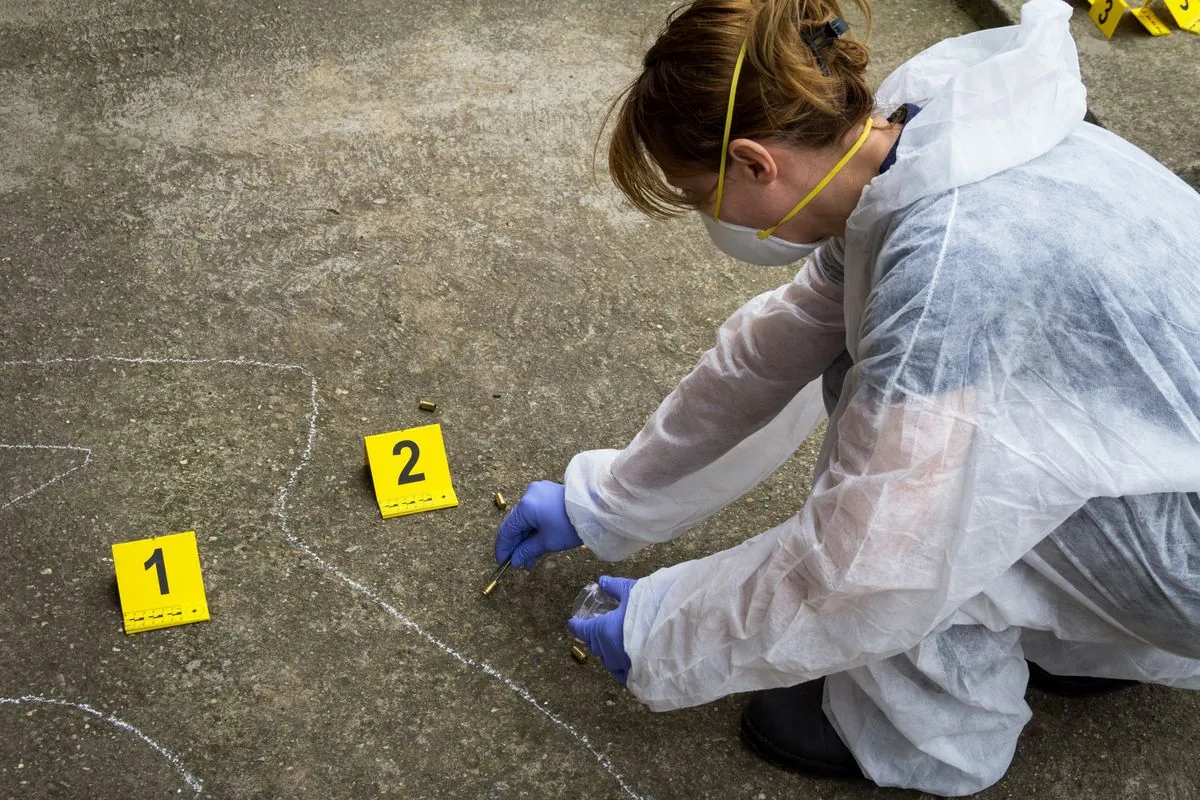Missouri Executes Marcellus Williams Amid Lingering Innocence Claims
Marcellus Williams was executed in Missouri for a 1998 murder, despite ongoing debates about his guilt. The case highlights persistent issues in death penalty implementation across the United States.

On September 26, 2024, the state of Missouri carried out the execution of Marcellus Williams, convicted of the 1998 murder of Lisha Gayle, a former St. Louis Post-Dispatch reporter. The case has reignited discussions about the application of capital punishment in the United States, particularly in light of lingering questions about Williams' guilt.
Williams, facing his final moments, offered a brief statement: "All Praise Be To Allah In Every Situation!!!" This concise message neither affirmed his innocence nor admitted guilt in the brutal stabbing of Gayle during a home invasion.
The execution has left a trail of conflicting opinions among key figures. While Missouri's governor, attorney general, and highest court maintained their belief in Williams' guilt, advocates for the condemned man continued to assert his innocence. Notably, the St. Louis County prosecutor expressed reservations, suggesting that a life sentence would have been more appropriate given the unresolved questions surrounding the case.

The evidence against Williams included items from Gayle's home found in his possession and testimony from a former girlfriend and cellmate claiming he had confessed to the crime. However, Williams' defense team argued that physical evidence at the crime scene, including DNA, fingerprints, and hair samples, did not match their client.
The case has been marked by several dramatic turns. In 2015 and 2017, scheduled executions were halted to allow for further DNA testing and investigation. Recent testing in August 2024 revealed that DNA on the murder weapon matched members of the prosecution team who had handled it without gloves, raising questions about evidence contamination.
"There have been no verified instances of an innocent person being executed in the U.S. since capital punishment was reintroduced in 1972, but there have been at least 21 people executed despite 'strong and credible' claims of innocence."
This case highlights ongoing concerns about the implementation of the death penalty in the United States. Since the reintroduction of capital punishment in 1972, at least 21 individuals have been executed despite strong innocence claims, according to the Death Penalty Information Center.
The Williams case also underscores the complex interplay of factors in death penalty decisions. Despite efforts by the current St. Louis County Prosecutor to reach a plea agreement that would have resulted in life imprisonment, the Missouri Attorney General's objection and the courts' decisions kept the death sentence in place.
Governor Mike Parson, who held the power to grant clemency, ultimately decided against intervention, stating, "No juror nor judge has ever found Williams's innocence claim to be credible."
As the debate over Williams' case continues, it serves as a stark reminder of the ongoing controversies surrounding capital punishment in the United States, including issues of evidence handling, the role of DNA testing, and the finality of execution in the face of lingering doubts.


































